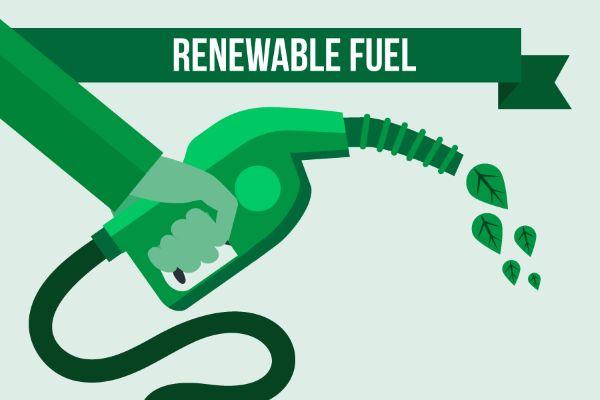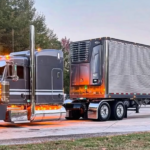Renewable diesel and biodiesel continue to slash greenhouse gases (GHGs) and other emissions in California, and hold further promise in Connecticut, Massachusetts, New York, New Jersey, and six other Northeastern states, a Diesel Technology Forum analysis suggests.
“Today’s world runs on internal combustion engines, and two opportunities for significantly reducing GHG and other emissions from this vast population of vehicles are using renewable low-carbon biodiesel fuels and getting newer technology vehicles on the road,” said executive director Allen Schaeffer, in a press release.
According to new GHG emissions inventory released by the California Air Resources Board (CARB), renewable fuels like biodiesel and renewable diesel eliminated 15 million metric tons of CO2 in 2020, the equivalent of taking more than 3 million passenger cars off the road.
Biodiesel and renewable diesel fuels accounted for 44% of the credits generated by California’s low carbon fuels standard in 2020 and made up 21% of the entire diesel fuel pool.
Meanwhile, a July study focusing on the U.S. Northeast corridor found that a shift to advanced diesel equipment and biodiesel across the entire fleet would reduce three times more CO2 than full electrification — and at 25% the cost — over the coming decade.
“Even under some of the most aggressive steps to transition to zero-emissions vehicles, diesel trucks are expected to continue to dominate the trucking sector for well more than a decade as 80% of truck sales by 2030 will still be diesel,” Schaeffer said.
“New and more efficient commercial diesel trucks on the road in the U.S. since 2007 have already saved more than 20 billion gallons of fuel and eliminated more than 202 million metric tons of greenhouse gas emissions (2007 and 2020). These more efficient trucks will have eliminated the same emissions as taking 43 million cars off the road for a year.”
Source : www.trucknews.com





